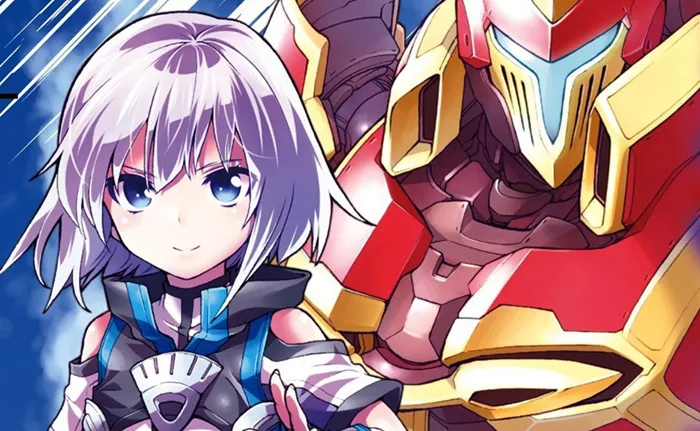In the world of anime, certain series stand out not just for their storytelling but for their impressive sense of scale. This is particularly true in the isekai genre, where characters often find themselves transported to expansive worlds filled with intricate narratives. Here, we explore several isekai anime that excel in conveying vastness and depth in their storytelling.
The Expansive Universe of One Piece
One of the most iconic examples of expansive storytelling is One Piece. With a staggering number of episodes and a colossal cast, this series portrays a vast world where the protagonist’s actions reverberate across the seas. The intricate world-building allows viewers to witness how the fate of the characters influences the world around them, creating a truly immersive experience.
Knight’s & Magic: A Mecha Isekai
Knight’s & Magic, released in 2017, blends the isekai and mecha genres. The story follows Ernesti Echevarria, an otaku programmer who is reincarnated in a world where people battle using magical robots called Silhouette Knights. As Ernesti pursues his dream of building these mechs, the small world of Fremmevilla expands to include various kingdoms, each teetering on the brink of war, showcasing a broadening sense of scale throughout the series.
Now and Then, Here and There: A Dystopian Perspective
Now and Then, Here and There is an earlier entry in the isekai genre that takes viewers on a journey through a dystopian world. The series centers around Shuu, who is transported to a war-torn land while trying to rescue a girl named Lala-Ru. The narrative highlights Shuu’s struggles and the dire consequences of his choices, illustrating a powerful sense of scale that emphasizes the brutality and despair of his new environment.
Fate/Grand Order: A Multiversal Epic
Though some may debate its classification as an isekai, Fate/Grand Order – Absolute Demonic Front: Babylonia fits within the genre by immersing viewers in a grand narrative spanning multiple timelines. Set in 2655 BC Mesopotamia, the series features the legendary Gilgamesh and the threat of demonic beasts, adding layers of complexity and scale to the story.
Mushoku Tensei: Jobless Reincarnation
Mushoku Tensei: Jobless Reincarnation is a standout in the isekai genre, following the life of Rudeus from his birth in a new world. Initially presenting a smaller narrative, the story quickly evolves as Rudeus travels across diverse lands and interacts with various races, revealing a much larger tapestry of conflicts and powers at play. This progression underscores the series’ impressive sense of scale.
That Time I Got Reincarnated as a Slime
That Time I Got Reincarnated as a Slime begins with a simple premise—a salaryman is reincarnated as a slime in a fantastical world. However, the narrative rapidly escalates as Rimuru Tempest builds his own society, engages in political intrigue, and confronts powerful adversaries, creating a rich and expansive universe that captivates viewers.
Tsukimichi: Moonlit Fantasy
Tsukimichi: Moonlit Fantasy follows Makoto, who is transported to another world with seemingly useless powers. As he embarks on a journey to create a peaceful sanctuary for outcasts, the scale of the narrative expands with the introduction of other heroes, kingdoms, and races, showcasing Makoto’s growing influence and the ramifications of his actions.
The Twelve Kingdoms: An Epic Journey
The Twelve Kingdoms offers a profound exploration of its isekai premise through the character of Youko Nakajima. Transported from her mundane life to become a queen, Youko’s journey is fraught with challenges and political intrigue, not just in her kingdom but across multiple empires. This multi-faceted approach enriches the narrative, allowing viewers to grasp the expansive world and the complex dynamics within it.
These anime series exemplify how a strong sense of scale can elevate storytelling, inviting audiences to immerse themselves in richly crafted worlds where the stakes are monumental. Each show uniquely contributes to the isekai genre, reminding viewers of the vast possibilities that lie beyond their reality.
Related Topics
Uzumaki Producer Addresses Animation Quality Concerns
10 Compelling Reasons Why Shonen Anime Fans Should Watch Dandadan
How Many Episodes Are In Demon Slayer Season 2?

